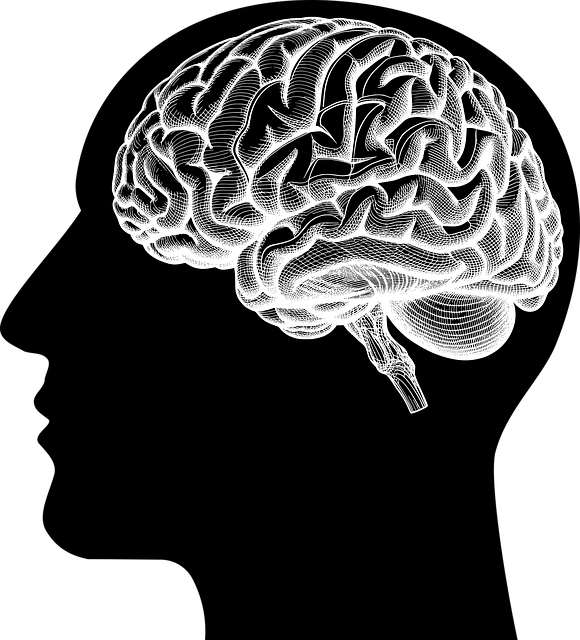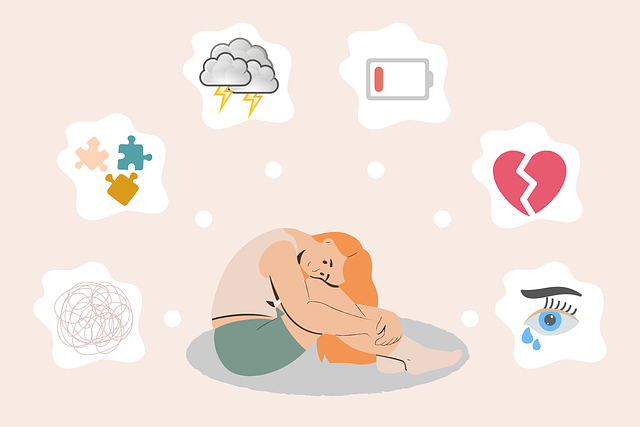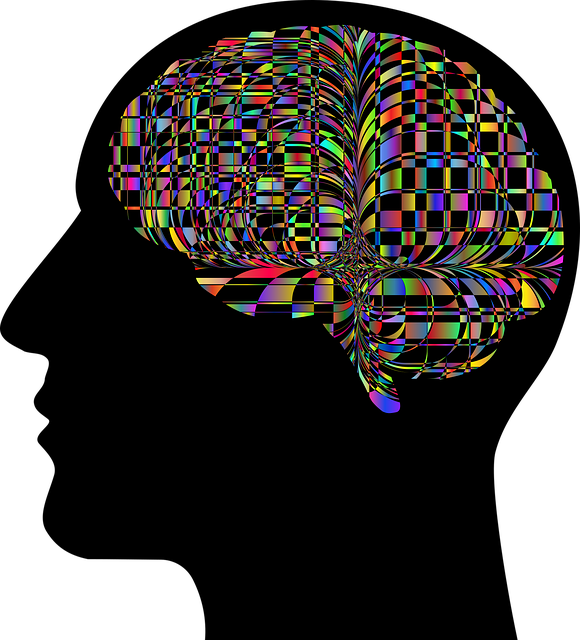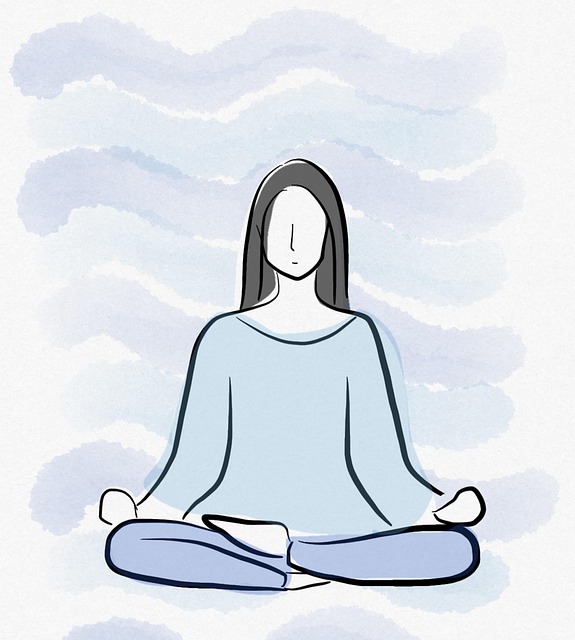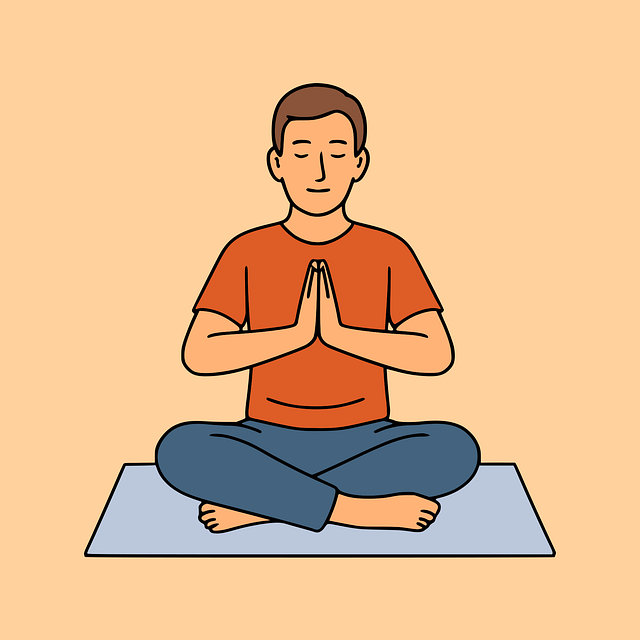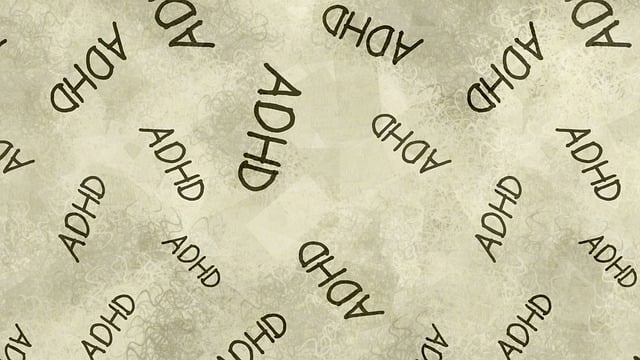Self-care is essential for veterans' well-being, especially during their transition from military to civilian life, addressing physical and mental health needs. Unique challenges like PTSD and adjustment difficulties hinder self-care practices. Evidence-based therapies, such as CBT and Social Skills Training, along with mindfulness techniques, aid in mood management and stress reduction. Building community support through group therapy and education programs facilitates healing, breaks stigma around mental health, and promotes holistic well-being for veterans, emphasizing the significance of therapy for veterans.
Self-care is a cornerstone of overall wellbeing, especially for veterans facing unique challenges. This article explores how veterans can enhance their self-care practices through understanding its foundational importance, identifying barriers to effective strategies, and adopting evidence-based approaches like mindfulness and relaxation techniques. We delve into the role of support systems in healing, emphasizing community connection as a vital component in fostering mental and emotional resilience among veterans. Discover therapeutic ways to prioritize self-care for optimal veteran wellbeing.
- Understanding Self-Care: The Foundation for Veterans' Wellbeing
- Challenges Faced by Veterans: Barriers to Effective Self-Care
- Evidence-Based Strategies: Therapeutic Approaches for Self-Improvement
- Incorporating Mindfulness and Relaxation Techniques in Daily Routines
- Building Support Systems: Fostering Community and Connection for Healing
Understanding Self-Care: The Foundation for Veterans' Wellbeing

Self-care is a cornerstone of overall wellbeing, especially for veterans who often face unique challenges upon returning to civilian life. Understanding self-care goes beyond mere relaxation; it’s an active process that involves recognizing and meeting one’s physical, emotional, and mental needs. For veterans, this can be particularly transformative as it offers a means to rebuild and strengthen their sense of self—a key aspect of therapy for veterans aiming to improve their mental wellness.
By integrating self-care practices, such as mindfulness exercises, regular physical activity, and engaging in hobbies, veterans can enhance their resilience, boost self-esteem improvement, and cultivate a deeper connection with themselves. These strategies not only aid in managing trauma and stress but also foster personal growth, enabling veterans to navigate life’s challenges with renewed vigor and mental clarity. The development of mental wellness coaching programs specifically tailored for veterans further underscores the importance of self-care as a foundational element in their journey towards holistic wellbeing.
Challenges Faced by Veterans: Barriers to Effective Self-Care

Many veterans face unique challenges when it comes to self-care, often due to their experiences during service. Barriers to effective self-care for veterans can include post-traumatic stress disorder (PTSD), which significantly impacts mood management and can lead to feelings of isolation or irritability. These mental health issues may make it difficult for them to engage in activities that promote burnout prevention or depression prevention, such as exercise, mindfulness practices, or even seeking therapy for veterans specifically tailored to address these challenges.
The transition from military to civilian life also presents its own set of obstacles. Veterans may struggle with adjusting to routine and finding purpose in their new environment, leading to a lack of motivation for self-care activities. Additionally, the stigma associated with mental health issues in some communities can deter veterans from seeking therapy or other forms of support. Overcoming these barriers requires understanding, access to appropriate resources, and encouraging veteran-specific programs that focus on mood management and overall well-being.
Evidence-Based Strategies: Therapeutic Approaches for Self-Improvement

Evidence-based strategies play a pivotal role in enhancing self-care practices and improving overall well-being, especially for individuals like veterans who often face unique challenges. Therapy for veterans integrates various therapeutic approaches to address specific needs. Cognitive Behavioral Therapy (CBT), for instance, equips service members with effective communication strategies and emotional regulation skills, aiding in managing post-traumatic stress disorder (PTSD) symptoms and improving social interactions.
Additionally, Social Skills Training focuses on enhancing interpersonal connections by teaching veterans practical communication techniques and promoting emotional well-being promotion techniques tailored to their experiences. These evidence-based practices, combined with specialized therapy, offer a holistic approach to self-improvement, fostering resilience and enhancing the quality of life for veterans transitioning back into civilian life.
Incorporating Mindfulness and Relaxation Techniques in Daily Routines

Incorporating mindfulness and relaxation techniques into daily routines can significantly enhance overall well-being, especially for veterans seeking therapy. These practices, rooted in ancient wisdom and backed by modern science, offer a powerful tool for managing stress and promoting mental health. By dedicating even just a few minutes each day to mindfulness exercises, veterans can cultivate self-awareness, gain better control over their thoughts, and develop resilience against the challenges they may face.
Stress Management Workshops Organization often emphasizes the Mind Over Matter Principles through guided meditations, deep breathing exercises, and progressive muscle relaxation. These techniques not only help in managing stress but also foster a sense of calm and clarity. Regular engagement with Self-Awareness Exercises can lead to profound personal growth and improved relationships, making it an integral part of any self-care regimen, particularly for veterans navigating the complexities of life post-service.
Building Support Systems: Fostering Community and Connection for Healing

Building strong support systems is a vital aspect of self-care and can significantly contribute to one’s healing journey, especially for individuals like veterans who may face unique challenges. Fostering community connections offers a sense of belonging and camaraderie, which are essential for mental health recovery. Therapy for veterans often benefits from group settings where they can share experiences and find understanding among peers who’ve been through similar struggles. This social support network can play a pivotal role in mood management, providing a safe space to express emotions and concerns openly.
Mental health education programs designed with a focus on community engagement can empower individuals to take charge of their mental wellness. Through workshops, peer-led discussions, or even the production of a mental wellness podcast series, veterans and their families can learn coping strategies, stress management techniques, and valuable skills for maintaining good mental health. These initiatives not only promote self-care but also encourage open conversations about mental health, breaking down any stigma associated with seeking help.
Self-care is a transformative journey, especially for veterans navigating post-service challenges. By understanding the foundational importance of self-wellbeing and employing evidence-based strategies like mindfulness and building supportive communities, veterans can effectively overcome barriers to care. The article has highlighted the crucial role of therapy for veterans in enhancing their lives. Incorporating relaxation techniques and fostering connections allows for healing and personal growth. Remember that, by prioritizing self-care, veterans can unlock a sense of balance and resilience, ensuring a brighter future.



